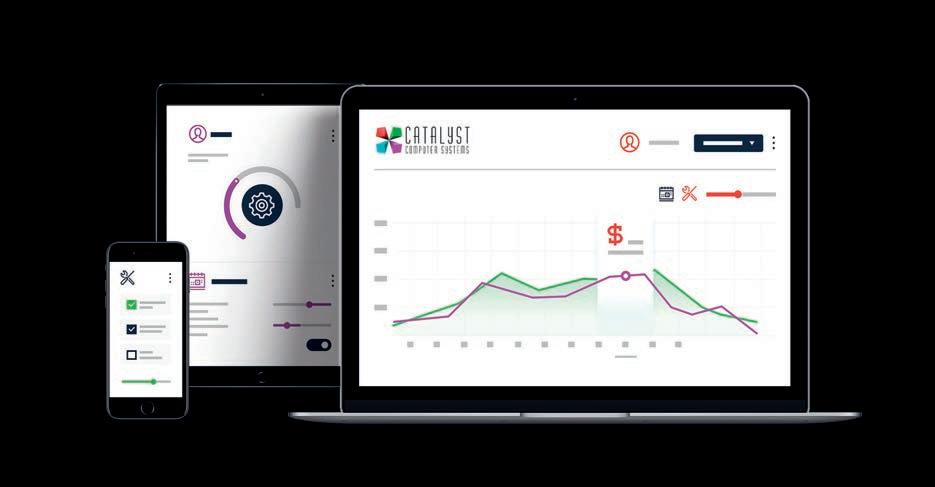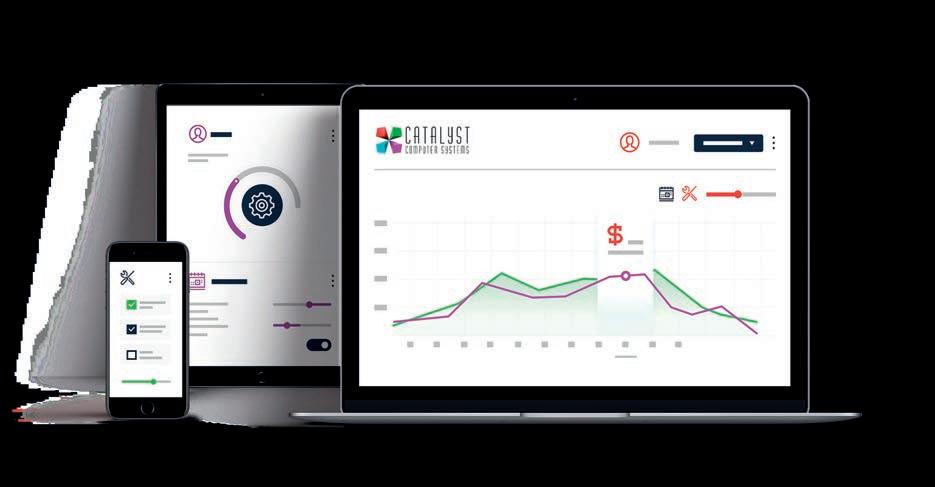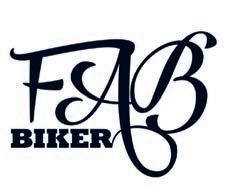
5 minute read
THE BUSINESS ESSENTIALS
Business Essentials CATALYST
0116 230 1500 | sales@catalyst-uk.com | www.catalyst-uk.com The Business
The latest news and views in the world of business Handling a health and safety investigation
Accidents happen. But what you do after an incident occurs will have repercussions on how an investigation proceeds
The primary legislation used to enforce health and safety in England and Wales is the Health and Safety at Work etc Act 1974. The Health and Safety Executive (HSE) is the lead regulator, but local authorities are also responsible for lower-risk settings like retail, leisure, and office premises under the Act.
Penalties following a conviction for breaches of the Act can be significant, and fines on conviction are now based on the sentencing guidelines in the Health and Safety Offences, Corporate Manslaughter and Food Safety and Hygiene Offences, Definitive Guideline.
The obligation to formally report a health and safety incident itself is governed by the Reporting of Injuries, Diseases and Dangerous Occurrences Regulations 2013 – known as RIDDOR. This places an obligation on employers and those responsible for work premises to report deaths, certain types of injury, diseases, and dangerous occurrences to the regulator. It is a criminal offence to breach the notification requirements of RIDDOR.
REPORTING AN INCIDENT
When a health and safety incident occurs, a check should be undertaken to determine whether the incident is notifiable to the regulator under RIDDOR. If it is, the relevant enforcing authority must be informed by the quickest practicable means without delay; a RIDDOR report must be submitted within



The Business Essentials
with Adam Bernstein www.abfeatures.com
10 days of the incident unless the accident results in a more than 7-day incapacitation of a worker, which itself must be notified within 15 days of the incident.
Once a RIDDOR report has been submitted, the HSE is likely to conduct a site inspection and may commence a formal investigation. If there has been a workplace fatality, the Work-Related Deaths Protocol gives the police primacy over the investigation whilst they consider whether to investigate offences of corporate manslaughter and/or gross negligence manslaughter. In circumstances where no manslaughter investigation is to take place, or in cases where there is no fatality, the HSE or local authorities will lead the investigation.
THE INVESTIGATION
HSE inspectors have wide investigatory powers by virtue of section 20 of the Act.
The Act allows inspectors to be onsite to conduct investigations. It also gives them the power to require the production of documents and authorises them to take and retain copies of these documents; normally, the organisation is entitled to retain original documents. HSE inspectors are not entitled to obtain legally privileged documents; it is therefore advisable for a solicitor to review any documents before they are handed to the HSE.
Inspectors can compel any person who they believe has relevant information to answer their questions; this can be extremely onerous, and it is an offence to obstruct an inspector in the course of their investigation by failing to answer such questions. Generally, the HSE prefers to take statements from witnesses using voluntary statements under section 9 of the Criminal Justice Act 1967. Interviewees should ensure that such statements are entirely accurate and based only on fact before signing the statement.
Inspectors tend to engage in a very wideranging information-gathering exercise at the outset of these investigations. The approach narrows as the case progresses, and the key issues in the case are identified.
It is vitally important that companies retain as much control over the process as possible. In particular, they should keep a list of all documents handed over to the HSE as this will generally indicate the type of issues that are being considered by the inspector, which will assist with the preparation of the defence later in the case.
COST RECOVERY
A Notification of Contravention, which identifies laws that the HSE believes have been broken, is normally sent as a letter by the HSE inspector responsible for the investigation. They identify the health and safety laws that the inspector believes have been breached, the reasons for their opinion,
and specify that a Fee For Intervention (FFI) is payable to the HSE. It will normally also set out the steps required to achieve compliance.
Service of the Notification of Contravention is essentially the vehicle that enables the HSE to recover its costs of carrying out its regulatory functions from those found to be in material breach of health and safety laws through FFI.
The FFI is based on the time spent by inspectors at hourly rates determined by statutory instrument. The rate for 2021/2022 is currently £160 per hour and is generally invoiced quarterly throughout the life of an investigation up to the enforcement decision.
HSE’s invoices can be significant and can exceed £100,000 over the course of a fatal accident investigation; any failure to pay is chased as a debt through the civil courts. These invoices should be carefully reviewed on receipt as they often contain errors.
IMPROVEMENT NOTICES
Health and safety inspectors have the power to serve Improvement Notices or Prohibition Notices. These are burdensome, and it is an offence not to comply with them; the penalties for a breach can be significant.
Improvement notices can be served where an inspector is of the opinion that the recipient is or has previously contravened health and safety law in circumstances that make it likely that the contravention will be continued or repeated. The purpose of the notice is to require the recipient to take steps to remedy the breach in a specified time period.
Prohibition Notices can be issued where the Health and Safety Inspector believes that an activity takes place or is likely to occur and involves a risk of serious personal injury. It requires the activity to cease until remedial measures are taken to deal with the risk of injury and the breach of the specific laws.
Lastly, Accident Investigation Reports are an important tool to help a company understand why an accident has occurred and the causes and root causes. They are vitally important in preventing future incidents of a similar nature. However, inspectors can compel a company to provide its accident investigation report if it is not legally privileged. In effect, this will lead to the company’s own document being used against it in any subsequent proceedings.
IN SUMMARY
HSE investigations can be lengthy, timeconsuming, complex, and can have significant implications for organisations. They should be treated with the utmost seriousness. WRITTEN IN ASSOCIATION WITH JAMES LOWE
James Lowe is a regulatory partner in the commercial litigation department at Wright Hassall










